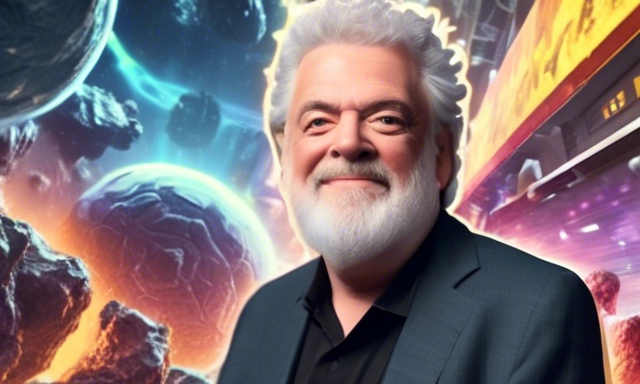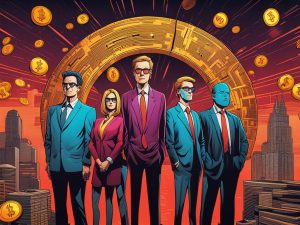The Internal Discord at OpenAI Deepens
The recent developments at OpenAI reveal an escalating internal discord within the organization. Following the removal of Sam Altman due to a confidence deficit, Greg Brockman, co-founder, and president of OpenAI, announced his resignation, citing the ongoing developments as the reason. Brockman expressed his pride in the collective achievements of the company, but in light of recent events, decided to step down.
Despite his resignation from the board chairman position, Brockman reaffirmed his belief in the mission of developing safe artificial general intelligence for the benefit of humanity. He also shared a message with OpenAI’s team after learning about today’s news, hinting at potential talent drain within the organization following Altman’s departure.
Increasing Disagreements and Ethical Concerns
Altman’s exit has also raised concerns about the company’s future direction, as he hinted at sharing his next steps later. His departure stemmed from significant disagreements with the board, particularly surrounding AI safety, technology development pace, and the commercialization of OpenAI. These disagreements reflect ongoing challenges within the organization related to ethical AI development, echoing past conflicts that led to the departure of employees and co-founders.
OpenAI’s Shifting Structure and Mission
Originally established as a nonprofit aimed at preventing advanced AI from falling into monopolistic hands, OpenAI transitioned to a for-profit structure after a significant investment from Microsoft in 2019. The company’s evolving structure and mission continue to drive internal discord and external concerns about the future of ethical AI development.
Hot Take: OpenAI’s Internal Struggles Reflect Broader Ethical AI Concerns
The internal discord at OpenAI, resulting in the departure of key leaders, reflects broader concerns about ethical AI development and the challenges of balancing commercialization with safety and societal benefit. As the organization navigates ongoing disagreements and shifts in structure, the future of AI and its impact on humanity remains a critical topic for consideration by industry leaders, policymakers, and society as a whole.





 By
By
 By
By
 By
By
 By
By
 By
By
 By
By